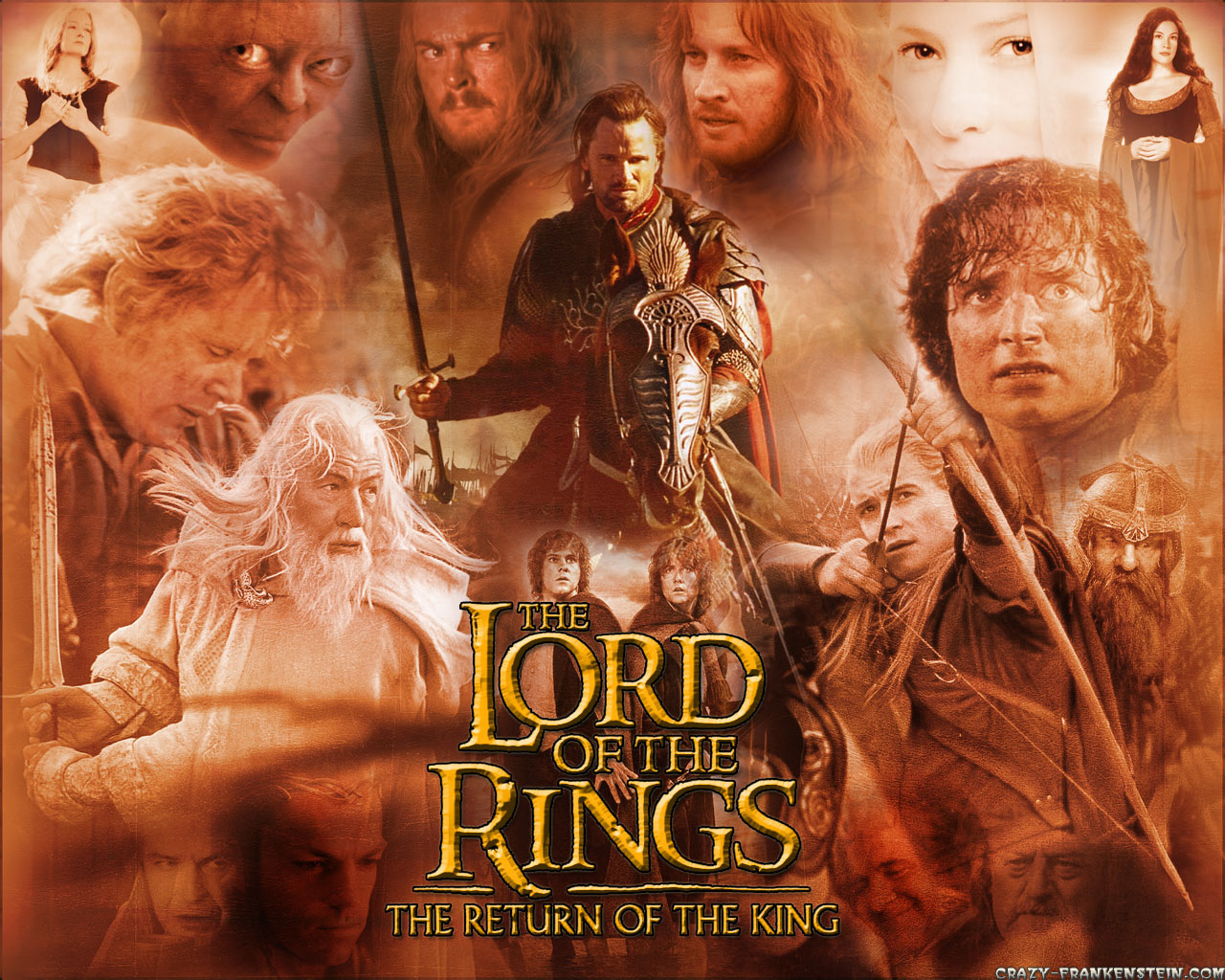In the realm of storytelling, there are few narratives as captivating as the return of a long-lost leader. The concept of a king returning to reclaim his throne has been a timeless theme across various cultures and mediums. It resonates deeply with audiences, evoking feelings of hope, redemption, and the power of perseverance. This article delves into the fascinating idea of the "return of the king," exploring its roots, significance, and manifestations in literature, film, and history.
The tale of a king's return can be found in countless tales, from ancient epics to modern blockbusters. It often symbolizes the triumph of good over evil, the restoration of order, and the rekindling of hope among the people. As we explore this theme, we'll uncover the various interpretations and representations of kingship and leadership that have emerged through time. The "return of the king" is not merely a plot device; it serves as a powerful metaphor for resilience and the human spirit's unwavering determination to overcome adversity.
As we journey through this exploration, we will examine notable figures and stories that epitomize this concept, analyzing their impact on audiences and their cultural significance. From Shakespeare's tragic kings to Tolkien's epic sagas, the "return of the king" resonates on many levels, reminding us of the importance of legacy, loyalty, and the eternal quest for justice.
What is the Significance of the Return of the King Theme?
The theme of the "return of the king" is significant for several reasons. It encapsulates the universal longing for justice and order in the face of chaos. In literature and film, it often marks a turning point where characters embark on a journey of self-discovery, growth, and redemption.
How Does the Return of the King Manifest in Literature?
In literature, the "return of the king" can be seen in classic works such as Shakespeare's "Henry V," where King Henry returns to lead his people to victory. Similarly, in J.R.R. Tolkien's "The Lord of the Rings," Aragorn's journey to claim his rightful place as king serves as a central theme. These narratives emphasize the importance of leadership, courage, and the quest for identity.
What are Some Famous Examples of the Return of the King in Film?
- The Lord of the Rings: The Return of the King - This epic film adaptation showcases Aragorn's journey to reclaim his throne, culminating in a climactic battle for Middle-earth.
- Gladiator - In this historical drama, Maximus seeks vengeance and aims to restore the Roman Empire to its former glory.
- Braveheart - The story of William Wallace embodies the fight for freedom and the eventual return to power for the Scottish people.
Who are Some Iconic Characters Representing the Return of the King?
Many characters across literature and film embody the spirit of the "return of the king." These figures often face insurmountable odds, yet their determination and courage lead them to reclaim their rightful place. Some iconic characters include:
- Aragorn - The rightful heir to the throne of Gondor, he represents hope and leadership in the face of darkness.
- King Richard III - Shakespeare’s complex portrayal of Richard highlights themes of ambition and the consequences of power.
- Maximus Decimus Meridius - A general turned gladiator, his journey reflects the struggle for justice and rightful leadership.
How Do Historical Figures Reflect the Return of the King Theme?
Throughout history, many leaders have experienced a metaphorical "return" to power after a period of exile or defeat. These historical figures often serve as real-life embodiments of the narrative theme. For instance, Napoleon Bonaparte’s return from exile on Elba marked a significant moment in European history, showcasing the complexities of power, loyalty, and ambition.
What Impact Does the Return of the King Have on Society?
The impact of the "return of the king" extends beyond storytelling; it influences societal perceptions of leadership and justice. When a leader returns to power, it can unify a fractured populace and inspire hope for a brighter future. This theme encourages individuals to believe in the possibility of change and restoration, fostering a sense of community and resilience.
Conclusion: The Enduring Legacy of the Return of the King
The "return of the king" is more than just a narrative device; it is a powerful symbol that resonates with audiences across cultures and generations. Through literature, film, and history, the theme encapsulates the human struggle for identity, justice, and leadership. As we reflect on these stories and figures, we are reminded of the timeless lessons they impart—of hope, perseverance, and the unwavering belief in the possibility of redemption. The return of a king, whether in fiction or reality, continues to inspire and ignite the imagination, reminding us that even in the darkest of times, a leader can rise to restore order and guide us toward a brighter future.
You Might Also Like
Transformative Journey: Semaglutide Before And AfterUnveiling The Cast Of Super Pumped: A Deep Dive Into The Star-Studded Ensemble
Unveiling The Champions: 2022 Beijing Figure Skating Results
Crafting Your Dream Space: How To Build A Sexroom Netflix Experience
The Mystique Of The 1984 Year Of The Chinese Zodiac
Article Recommendations
- Latest Movies Movierulz Plz Watch Now
- Become A Fashion Icon Dress To Impress
- Darcy Mcqueeny Net Worth A Closer Look At The Rising Stars Financial Success


